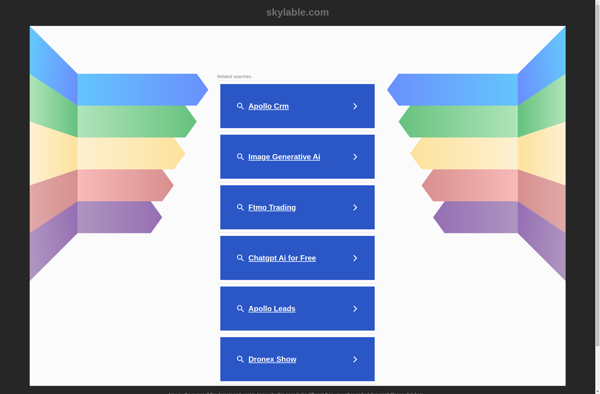Seaweed FS
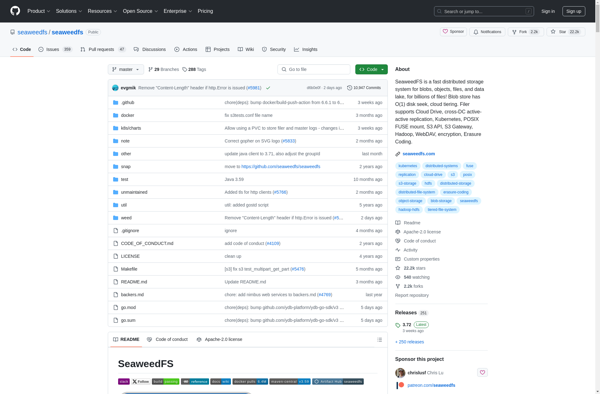
Seaweed FS: Open-Source Distributed File System
SeaweedFS is an open-source, distributed file system designed for storing and serving billions of files fast. It spreads files over many servers, allowing for efficient scaling and parallel streaming of data.
What is Seaweed FS?
SeaweedFS is an open-source, distributed file system designed for storing and serving billions of large files fast and efficiently. It spreads files over many servers, allowing for automatic scaling and parallel streaming of data.
Some key features and benefits of SeaweedFS include:
- Automatic scaling - new servers can be added easily to increase capacity
- High performance - files are spread over servers for efficient parallel data access
- Geo-replication - files can be replicated across data centers for redundancy
- Ease of use - simple REST API for managing and accessing files
- Cost effective - runs on commodity hardware and requires minimal administration
SeaweedFS is well-suited for applications that need to store and serve large volumes of unstructured data like images, videos, documents, and backups. Use cases include photo sharing sites, media streaming platforms, file hosting/storage services, and more.
Overall, SeaweedFS aims to provide a highly-scalable, resilient, and easy-to-use distributed file system that can grow seamlessly with increasing data demands.
Seaweed FS Features
Features
- Distributed file system
- Scalable and fast
- Fault tolerant
- Supports billions of files
- Automatic replication
- Streaming uploads and downloads
- Namespace management
- Caching
- Erasure coding
- Geo-replication
- Access control
Pricing
- Open Source
Pros
Cons
Official Links
Reviews & Ratings
Login to ReviewThe Best Seaweed FS Alternatives
Top File Management and Distributed File System and other similar apps like Seaweed FS
Ceph
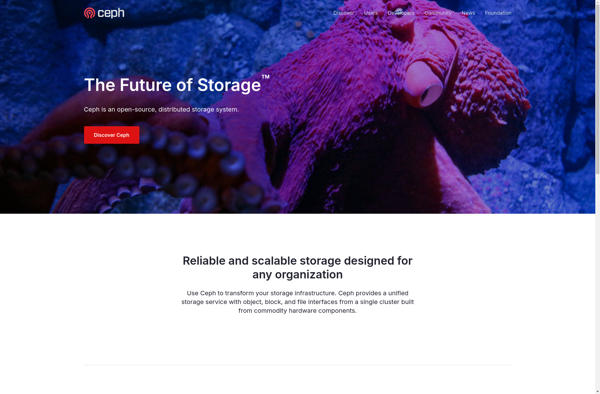
GlusterFS

MinIO
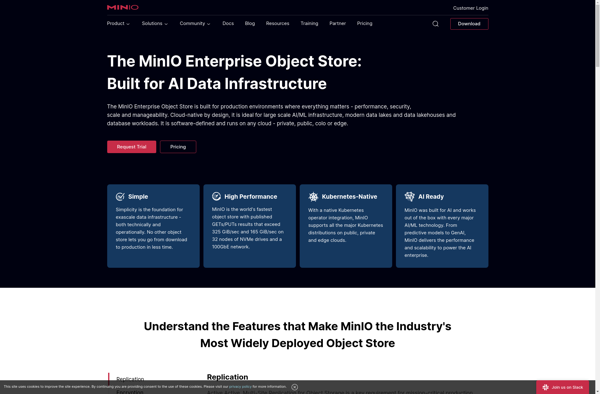
XtreemFS
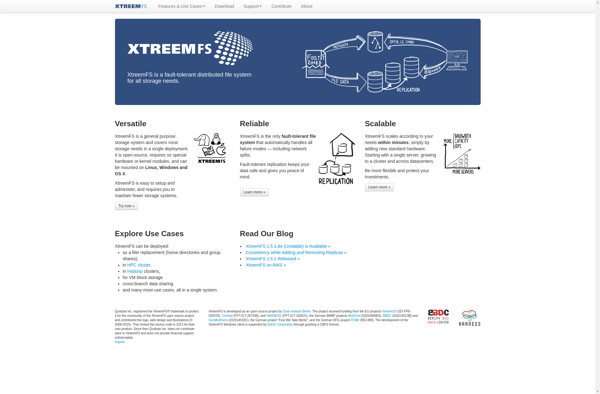
WekaFS

BeeGFS

DRBD
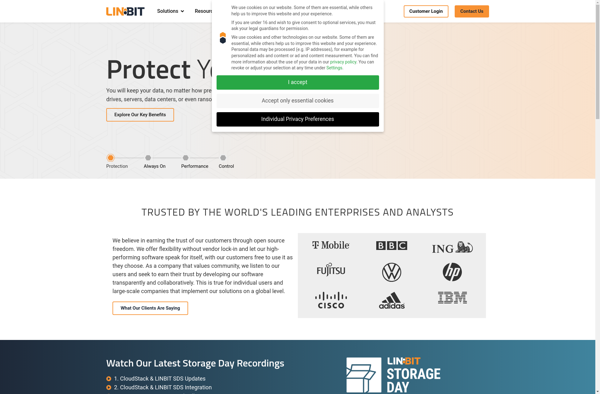
StorPool
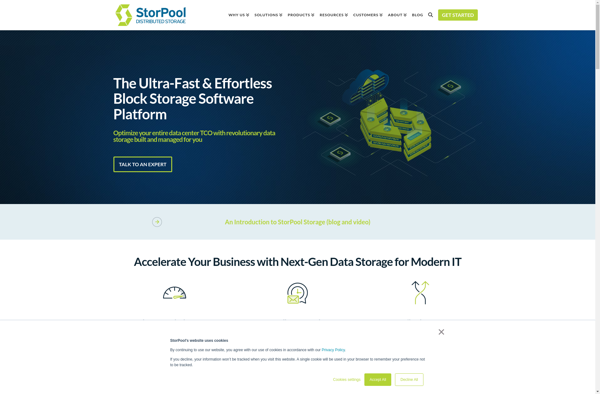
MooseFS
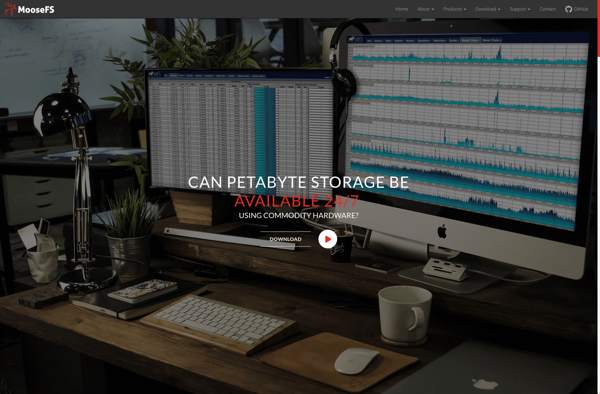
LizardFS
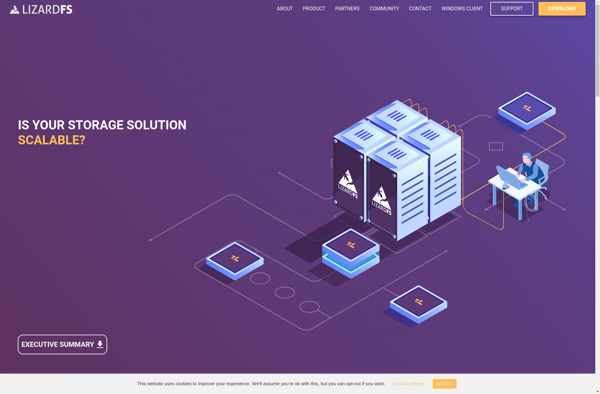
Quobyte

ScaleIO

Skylable Sx
